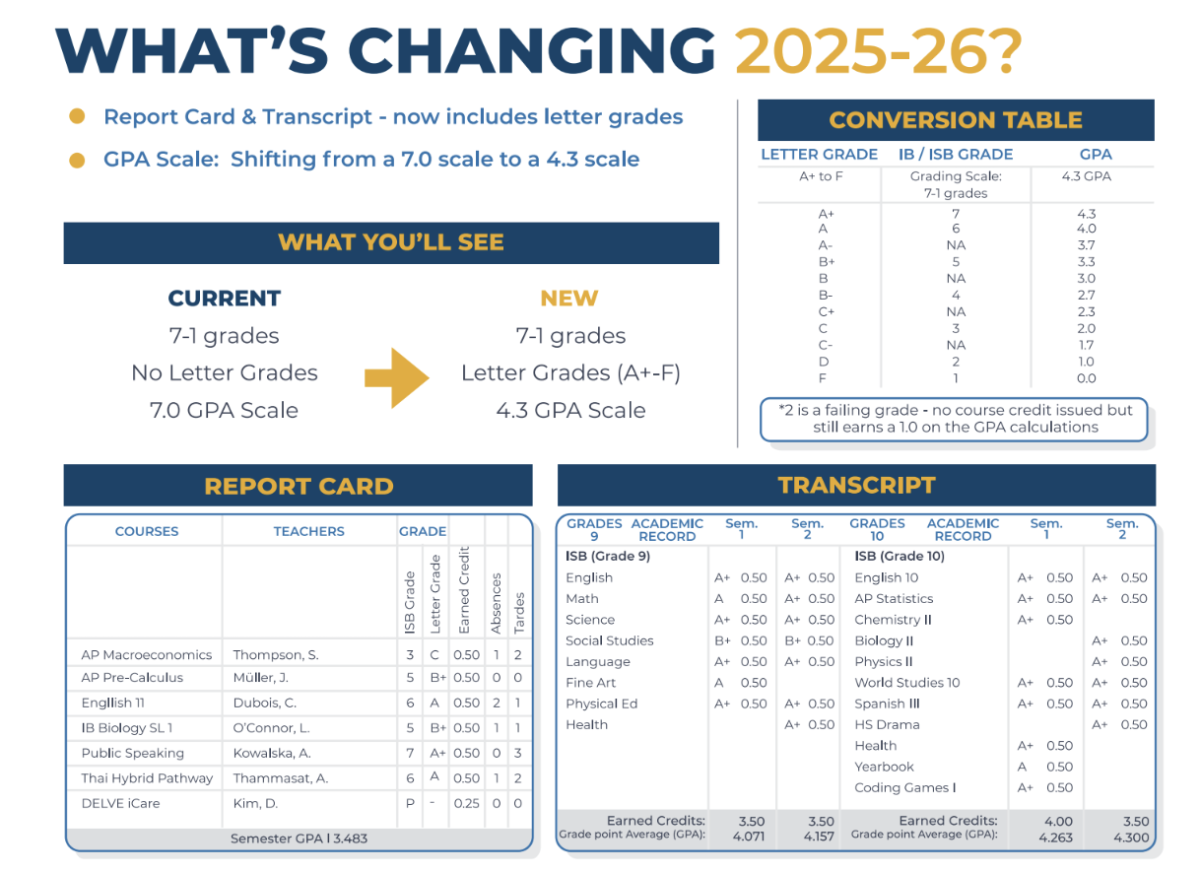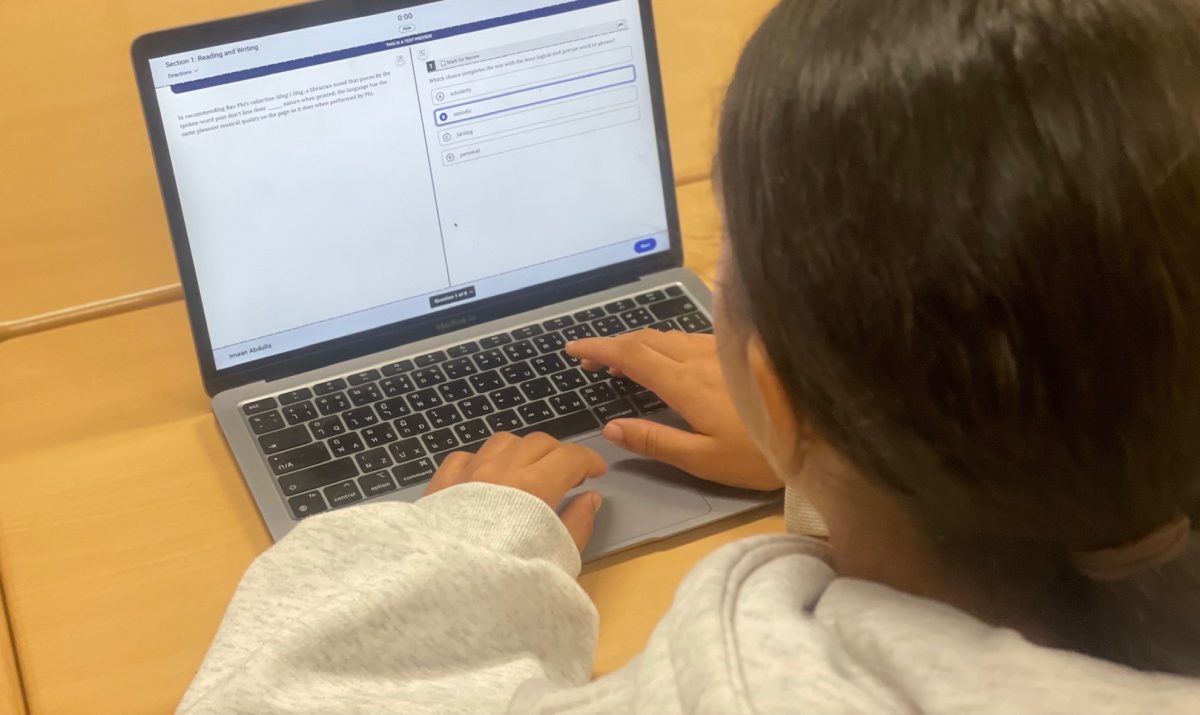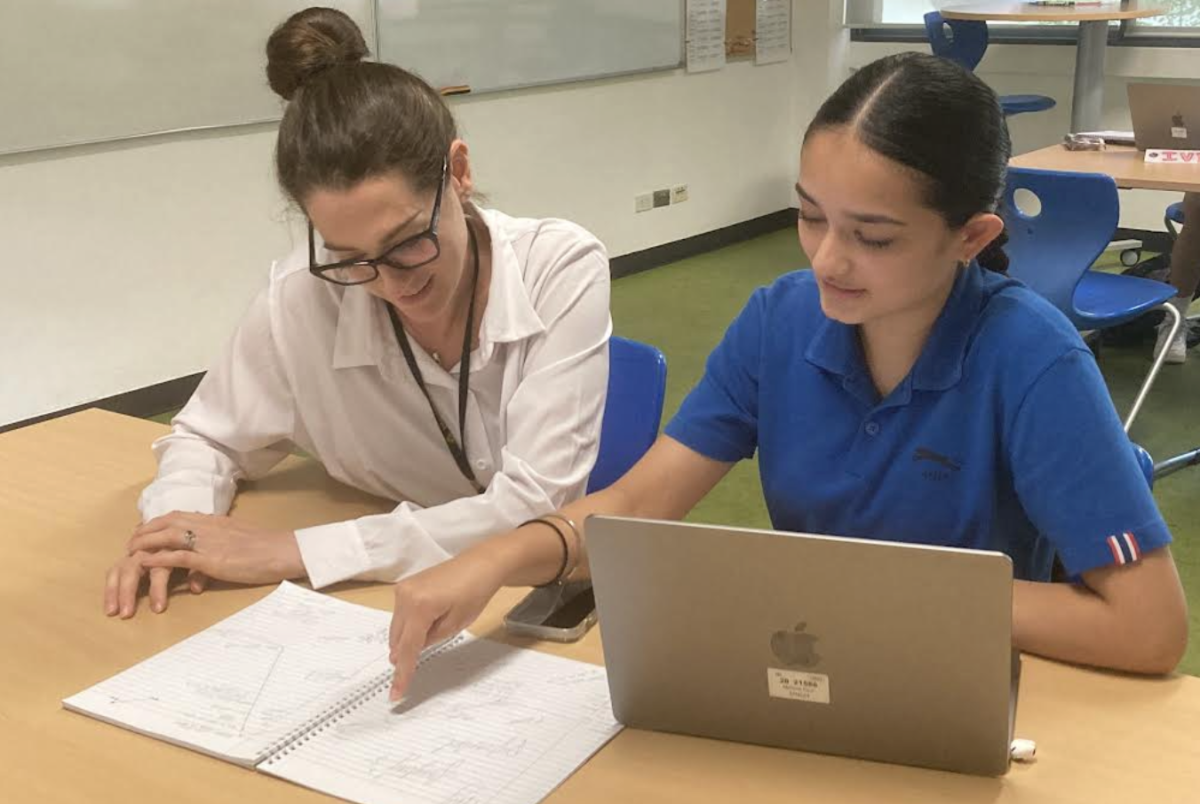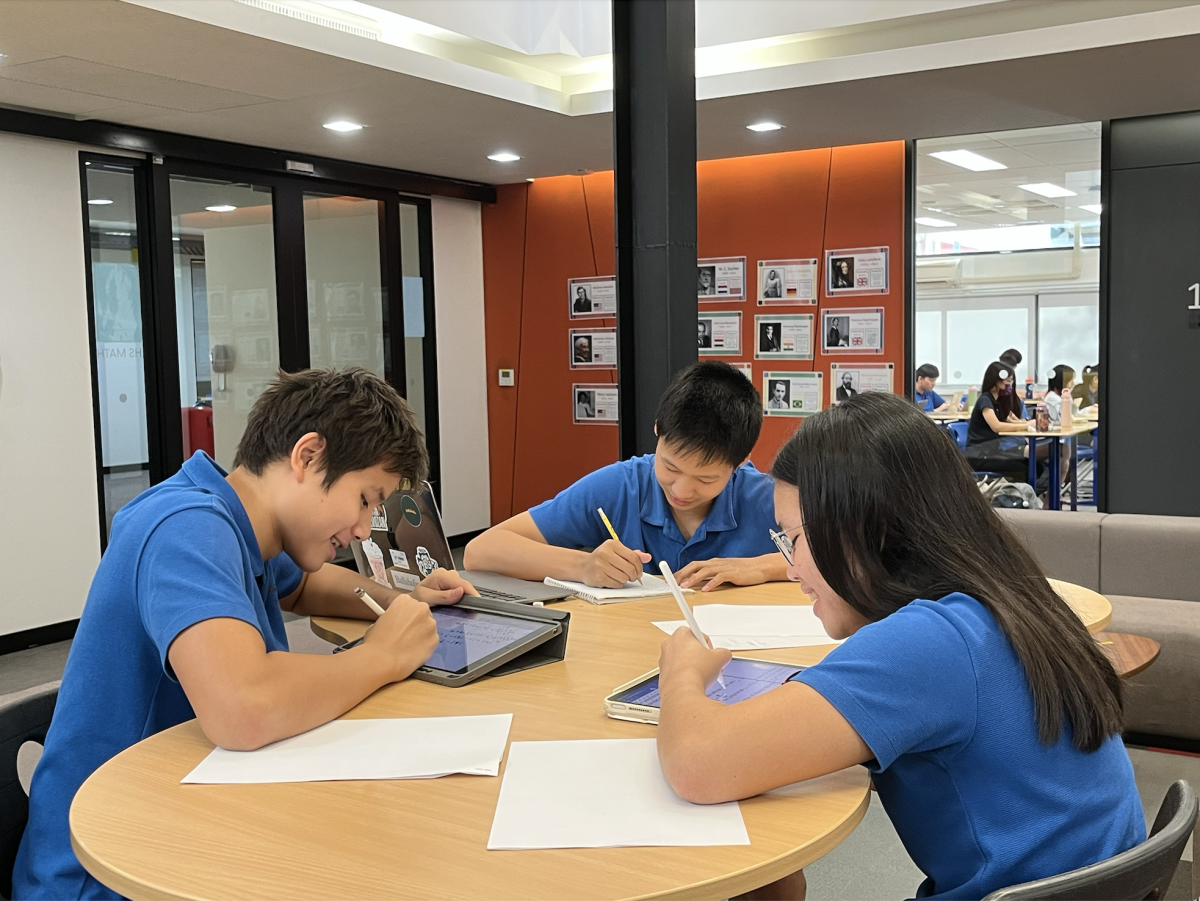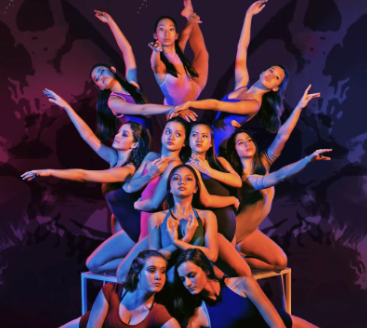ISB students have a diverse selection of classes, with many options for IB studies in both the humanities and math and science, but it is clear both quantitatively and anecdotally that there is a heavy preference for STEM courses over those related to the humanities, according to both data from the high school administration and interviews with students.
More juniors and seniors have chosen a mix of math and sciences, and occasionally economics, for their IB classes than humanities courses such as English, arts or history. ISB Dean of Academics Justyna McMillan cites the following data point as evidence of this trend: 55 current Grade 11 students have doubled up on science courses versus only 33 who have doubled up on social studies. The numbers are even more stark for Grade 12s: 62 are taking more than one science class while only 39 are taking more than one social studies class.
What is the cause of this imbalance in student interests? After all, It is undeniable that humanities subjects, whether it be arts, English, or world studies, are essential to living a well-rounded life and being educated about the world. And studies show STEM majors do benefit university graduates economically more than others, though The New York Times reports that the advantage has an expiration date.
Ms. McMillan says she hopes that student interest in the STEM fields is based primarily on their goals and passions, but she acknowledges that there could be other factors at play. There is, she says, “a cultural perception … amongst our students, parents, and to a certain extent maybe even teachers that maths and sciences are very very important subjects.” She adds that many community members may believe that subjects within the STEM fields are more aligned with success than humanities subjects, leading many students to focus their energies and dedication to those few subjects and leaving little room for creativity and non-STEM interests.
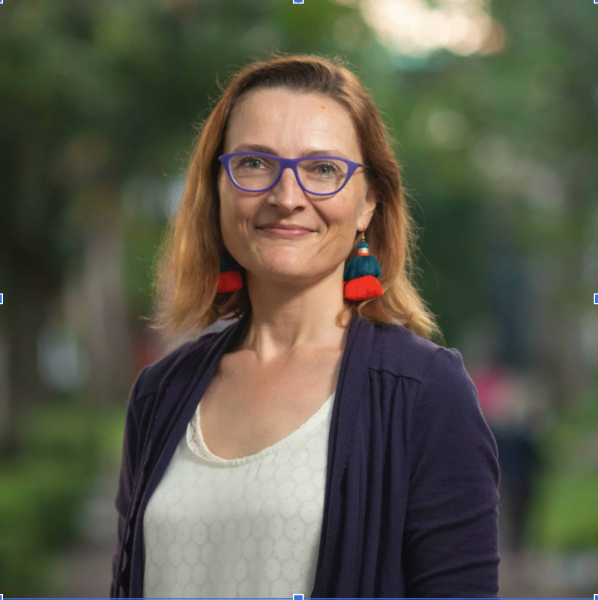
The reason for this prioritization, she says, could have something to do with student interests in certain university majors such as engineering or medical school, as well as job opportunities post-university that are viewed as more prestigious and successful. There could definitely be a misconception among the ISB community that humanities subjects and majors could “close more doors,” she says, while subjects in the STEM field could “open more doors” in terms of employment.
Ms. McMillan suggests that ISB could help balance this perception by better highlighting the achievements of the many ISB students who are passionate in the humanities and end up excelling in university and achieving notable success beyond university. This could be accomplished by using ISB’s vast alumni networks to bring more attention to the fact that there is more than one route to success as well as bring more attention to ISB student achievements in events and competitions and exhibitions to do with humanities such as writing, speech, art and debate.
“With a lot of people trying to go to STEM pathways, they need at least two [higher level] sciences,” says Sand Phongsphetrarat, a junior who currently takes three higher level STEM classes — Math: Analysis & Approaches, Physics, and Computer Science. But he says he values the students who are passionate in humanities and says that “people have different strengths.” The lack of resources and focus on humanities, however, is apparent to Phongsphetrarat as he reflects that ISB “has limited classes” though enough choices to “explore” different pathways. Like Ms. McMillan, he believes that STEM courses, math in particular, have a lot of applicability in future university and career interests for many students.
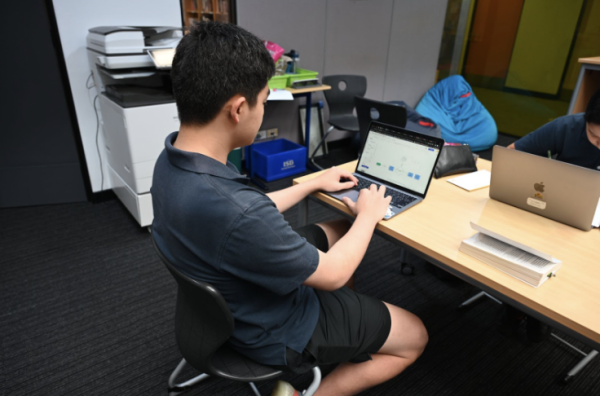
But school administrators and teachers urge ISB students to understand the importance of the humanities and prioritize them as much as they do STEM subjects.
English teacher David Giles says humanities classes offer insight into essential life skills. “Humanities teaches you about being a human being, and the human condition, thinking about what it means to be a good person, what it means to be ethical, what it means to have a good society” he says. Mr. Giles believes that those who do plan to pursue STEM fields still need the critical thinking and emotional intelligence that humanities courses are unique in providing, and that become essential life skills in any productive future. Whether it be university or job interviews, most, if not all, of students’ future endeavors will require good communication skills to succeed, Giles says, so high school English classes should be seen as the perfect place to learn those essential lifelong skills. Analysis of texts, music, history, and many other subjects under the broad umbrella of humanities enhance critical thinking abilities that will stick with students for life.



